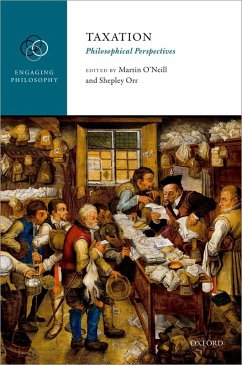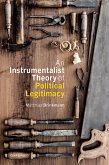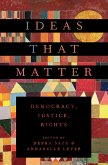This is the first book to give a collective treatment of philosophical issues relating to tax. The tax system is central to the operation of states and to the ways in which states interact with individual citizens. Taxes are used by states to fund the provision of public goods and public services, to engage in direct or indirect forms of redistribution, and to mould the behaviour of individual citizens. As the contributors to this volume show, there are a number of pressing and thorny philosophical issues relating to the tax system, and these issues often connect in fascinating ways with foundational questions regarding property rights, public justification, democracy, state neutrality, stability, political psychology, and other moral and political issues. Many of these deep and fascinating philosophical questions about tax have not received as much sustained attention as they clearly merit. The aim of advancing the debate about tax in political philosophy has both general and more specific aspects, ranging across both over-arching issues regarding the tax system as a whole and more specific issues relating to particular forms of tax policy. Thinking clearly about tax is not an easy task, as much that is of central importance is missed if one proceeds at too great a level of abstraction, and issues of conceptual and normative importance often only come sharply into focus when viewed against real-world questions of implementation and feasibility. Serious philosophical work on the tax system will often therefore need to be interdisciplinary, and so the discussion in this book includes a number of scholars whose expertise spans across neighbouring disciplines to philosophy, including political science, economics, public policy, and law.
Dieser Download kann aus rechtlichen Gründen nur mit Rechnungsadresse in A, B, BG, CY, CZ, D, DK, EW, E, FIN, F, GR, HR, H, IRL, I, LT, L, LR, M, NL, PL, P, R, S, SLO, SK ausgeliefert werden.









